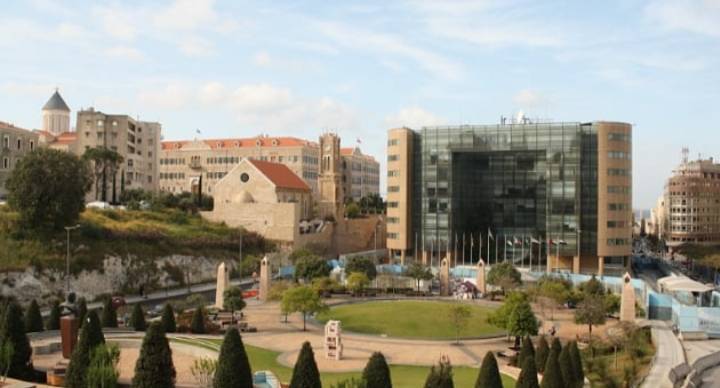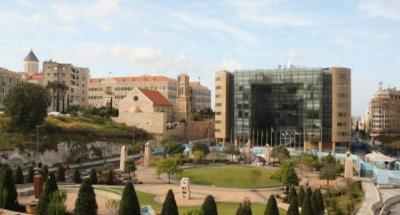As the country faces severe social and financial crises, the struggle between the political forces controlling the situation continues to escalate, leaving issues unresolved from the presidential file to various economic, health, judicial, and electricity matters. Currently, there is a significant hurdle in convening a Cabinet session, accompanied by the tug-of-war over conditions and counter-conditions.
Reports indicate that Hezbollah has imposed conditions, unwilling to sever its ties with the Free Patriotic Movement and its leader, MP Gibran Bassil. Hezbollah insists that the agenda for the Cabinet session must include a single item concerning the approval of $62 million for Electricité du Liban and the allocation for purchasing fuel, sidelining other urgent matters. This situation leaves the session hanging between Bassil’s demands and Hezbollah’s agenda, angering Prime Minister Najib Mikati, who seeks to prevent extortion tactics employed by either faction.
If this standoff persists, Mikati may postpone the session for a few days to negotiate with Hezbollah, which must convince Bassil to agree on the basis of necessity over prohibitions. Ministerial sources, in a communication with "Anbaa" electronic news, outlined key items on the agenda: promotion of military officers, extending the maintenance and security contract for the Naameh landfill, approval of a loan for fuel purchases, and daily compensation for schools and educational institutions for a maximum of three days a week. According to the sources, discussions have yet to yield results, and the session is expected to be postponed.
Mikati’s circles pointed out in a conversation with "Anbaa" that it is natural for the Prime Minister to convene a Cabinet session, primarily concerning electricity. They emphasized that the Cabinet is independent and must work collaboratively to serve the public. These sources denied that conditions are being imposed on the Prime Minister, stating that it is "a continuous exchange of ideas with other political forces, as Lebanon is undergoing a critical phase requiring all to assume their responsibilities and realign priorities, especially since living conditions take precedence."
Regarding judicial matters, two prominent issues are unfolding today: the continued arrival of the European judicial delegation to begin its investigations into the financial corruption file, and the interrogation of activists William Noun, Peter Bou Saab, and others regarding events around the Palace of Justice during last week’s protest by the families of the port explosion victims, where they attempted to enter the building during a meeting of the Supreme Judicial Council, leading to confrontations with security forces. "Anbaa" electronic news learned that youth groups have called for a sit-in outside Burbair Barracks at 10 AM coinciding with their interrogation by the judicial police.
In this context, Dr. Paul Mercos, head of the Justicia Foundation, pointed out that William Noun's recent statements about dynamiting the Palace of Justice could have prompted judicial action against him under normal circumstances. However, he noted that in the current exceptional situation where justice is stalled and the Beirut port explosion case is utterly frozen, such actions seem illogical. He questioned, "Can we enforce the law in this file while neglecting the main one, the port explosion?" expressing concern that there may be attempts to manipulate Noun's file and the families for political purposes or to influence other judicial paths.
Mercos emphasized that focus should return to reviving the primary case—the port explosion—especially regarding requests for dismissals and expedited release of detained individuals, even in light of the motions currently being studied by JUSTICIA in cooperation with a senior criminal judge.
In addition to these files, financial matters take precedence as the Central Bank’s Council of Governors convenes today to discuss the significant rise of the dollar in the black market, nearing 50,000 pounds, and the measures that can be taken to address this skyrocketing valuation. There are fears that these expected decisions may not yield positive outcomes, given the previous experiences that have only led to further decline and crises.




